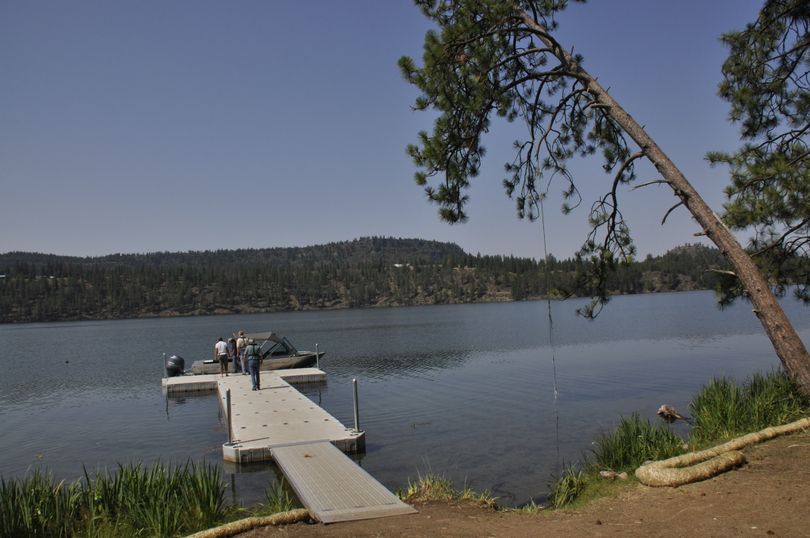Boaters clean up their act to fight invasive species

WATERSPORTS -- Before and after using a watercraft for cooling off in the region's waters this summer, the Washington Invasive Species Council would like boaters and paddlers to remember three important words: Clean. Drain. Dry.
Invasive species are non-native animals, plants, microorganisms and pathogens that can out-compete or prey on Washington’s existing wildlife, harming the environment, human health and businesses. They come to Washington on car tires, on boat hulls and motors, on hikers’ boots, by wind and sea and many other ways. Some of the worst live in the water.
“Preventing the spread of aquatic invasive species is serious business,” said Justin Bush, council coordinator. Researchers estimate that invasive zebra and quagga mussels alone cost the power industry more than $3 billion, and industries, businesses and communities more than $5 billion nationwide over six years.
Here are three easy steps to follow:
Clean: When leaving the water, clean all equipment that touched the water by removing all visible plants, algae, animals and mud. This includes watercraft hulls, trailers, shoes, waders, life vests, engines and other gear.
Drain: Drain any accumulated water from watercraft or gear, including live wells and transom wells, before leaving the access point to the water.
Dry: Once you get home, let all gear fully dry before using it in a different water body.
If transporting watercraft from outside of Washington State, the “Clean-Drain-Dry” method may not sufficiently remove some invasive species.
In this case, the council recommends that you call the state’s aquatic invasive species hotline (1-888-WDFW-AIS) managed by the Washington Department of Fish and Wildlife. Be prepared to provide the state and water body where your watercraft was used and whether you decontaminated your watercraft before you left that state.
In certain conditions, the State will require a free intensive decontamination upon entry into Washington.
“Many of the worst aquatic invasive species are not yet found in Washington and your vigilance will keep it that way,” Bush said.
Boaters -- that includes rafters and paddlers -- traveling I-90 and other main routes through Idaho are required to stop at ivasive species check stations.
If you suspect you have an invasive plant, fish, mollusk or crustacean, report it to the Washington Invasive Species Council.
It’s also the law. It is illegal to transport or spread aquatic invasive species and violators can face a maximum penalty of 1 year in jail and $5,000 in fines.
